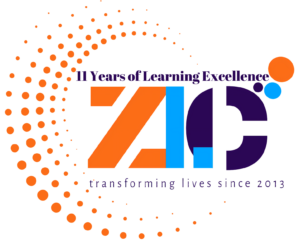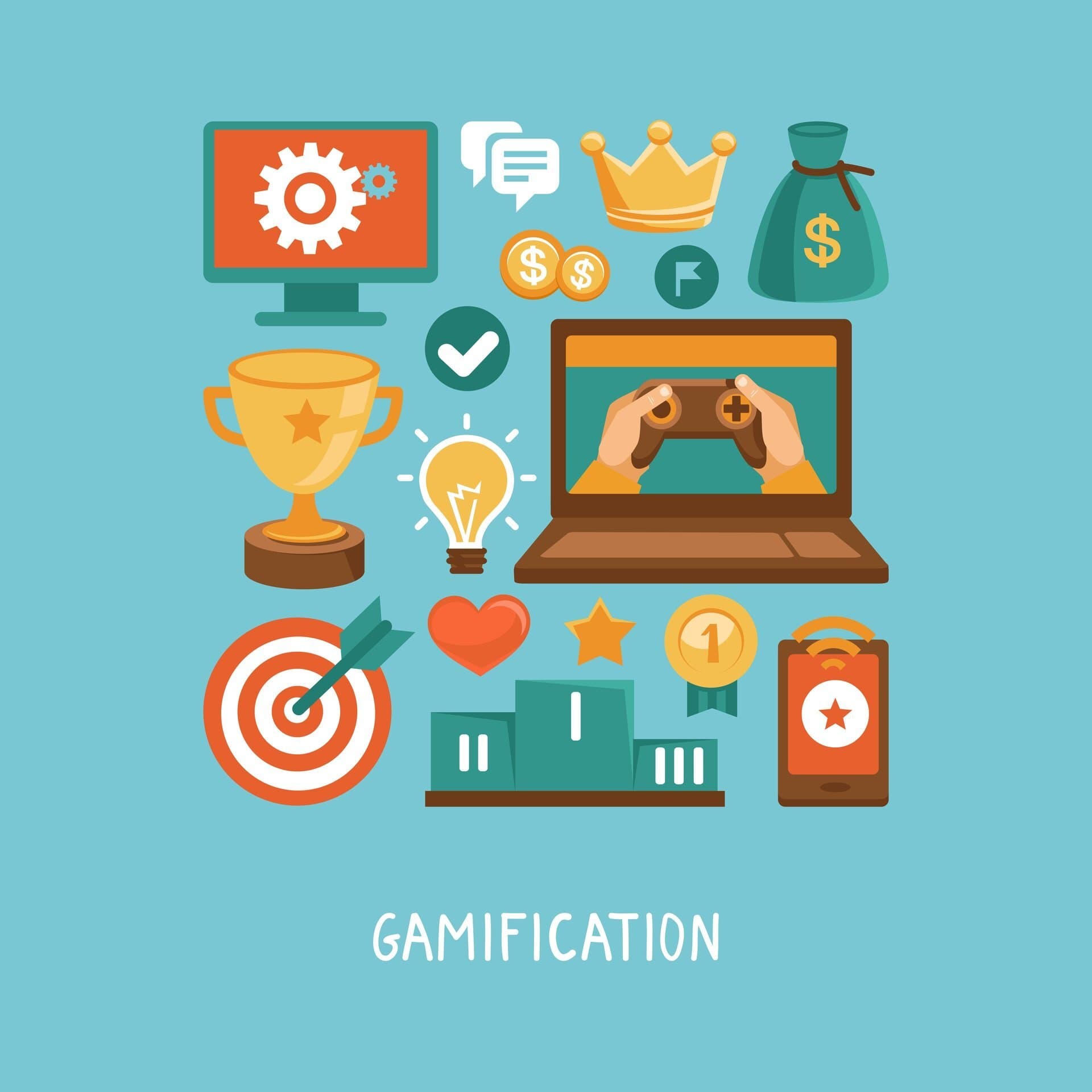Salespeople thrive on challenges. Unlike many professions, sales performance metrics tend to be very black and white. You either meet your sales target or you don’t.
The sales profession can be pretty brutal. Not meeting monthly targets can be depressing for sales staff as not only does it affect their self-esteem, but it can also mean a month without payment (in many cases commissions form the bulk of a salesperson’s compensation).
Gamification can be a great way to keep your sales team engaged and productive. All of us know all work and no play makes Jack a dull boy. Incorporating some games and activities in the sales training process has multiple payoffs. It fosters a spirit of healthy competition among your sales team and helps them enjoy their job a bit more. Workers who enjoy their work are more likely to be productive than those who don’t.
What Is Sales Gamification?
Sales gamification is the process of applying game-design elements to the sales process like calling prospects, presenting pitches, and closing deals. Sales gamification may include:
- Arranging games and activities for sales training like hosting sales competitions, role plays, reaction to hypothetical scenarios frequently, and rating sales reps on their performance in these games.
- Sales team leaders can assign points to sales reps for completing a milestone such as gaining a new client. They may earn badges as they complete each level.
How Does Gamification Boost Sales Performance?
Incorporating games and activities during sales training can make a world of difference for your annual sales turnover.
- A 2018 survey found that 95% of employees enjoy gaming elements in their work
- 89% of workers revealed that gamified tasks at work made them more competitive and productive
- 72% of employees claim gamification inspired them to work harder.
Gamification elements can recharge your sales team like no other
Sales is a very turbulent profession. There will be days your sales staff will be able to convert the majority of leads into happy clients. Then there will be dry spells where nothing seems to go right and sales reps will struggle to convince even a single prospect.
Even a high-performing sales rep will get demoralized if they have to cold call prospects throughout the day but receive no response. However, if sales managers introduce some games and activities in sales training, this may make them more motivated. Gamification plays into both our extrinsic motives (desire to do better than peers) and intrinsic needs (desire to improve our skills).
Gamification Diverts the Mind from Looming Deadlines
If your sales rep can’t stop thinking about how they have less than a week to impress a difficult client, it may affect their morale as well as their performance. Incorporating games and activities during sales training will help them divert their mind off from impending deadlines and help them hone their presentation and communication skills at the same time.
Fosters Healthy Competition
As we have mentioned before sales is a profession that tends to attract no-nonsense, competitive individuals who are willing to go the extra mile to achieve their goals. However, having a lot of Type-A personalities in your team can often result in a hyper-competitive culture where activities like collaboration and teamwork will be discouraged. This will affect productivity and morale in the long run. Engaging the sales team in games and activities during sales training will not just motivate them but help them keep toxic behaviors at bay through healthy competition.
The team members will be able to keep an eye on each other’s scores.
They will be able to keep track of what tactics each member is employing to stay ahead of peers. This will keep the gaming process fair and above board.
Provides Automatic Performance Assessments
As gamification relies on points and rewards reps as they complete each level you will be able to have a good idea of how team members perform on the job and what behaviors/strategies lead to higher sales. Including games and activities during sales training can make not just make the learning process fun, it also adds visibility. Team members will be able to see the high performers in action and learn from them organically.
Boosts Self Worth
Gamification often involves visual leader boards that show employees how they rank against each other. These can often be shared on social media. Like most people, your employees will be excited at the possibility of sharing their achievements with their friends/followers. This will boost their self-esteem.
Some ways employers can incorporate gamification elements in sales training:
- Give out small prizes to people that met the weekly sales target.
- Set quizzes about the industry you operate in. Test the knowledge of your team.
- Gamify new product launches. At end of a product launch, quiz sales team members on what they have learned. Employers can award badges to people on basis of how much knowledge they have retained.

